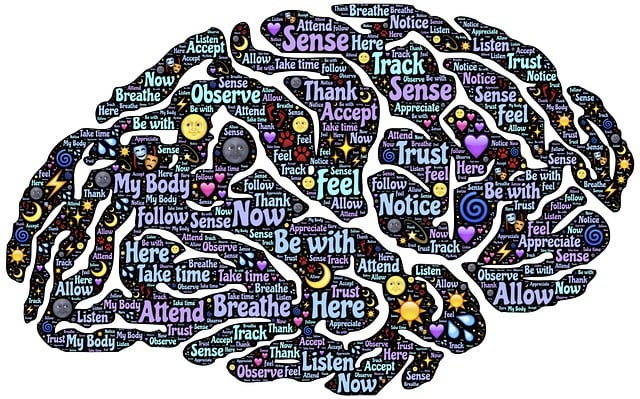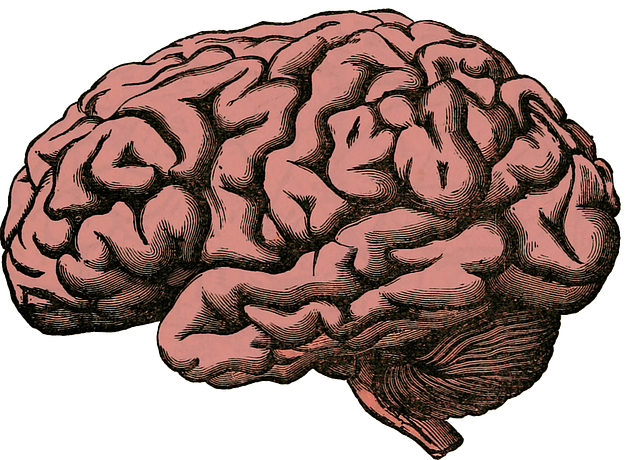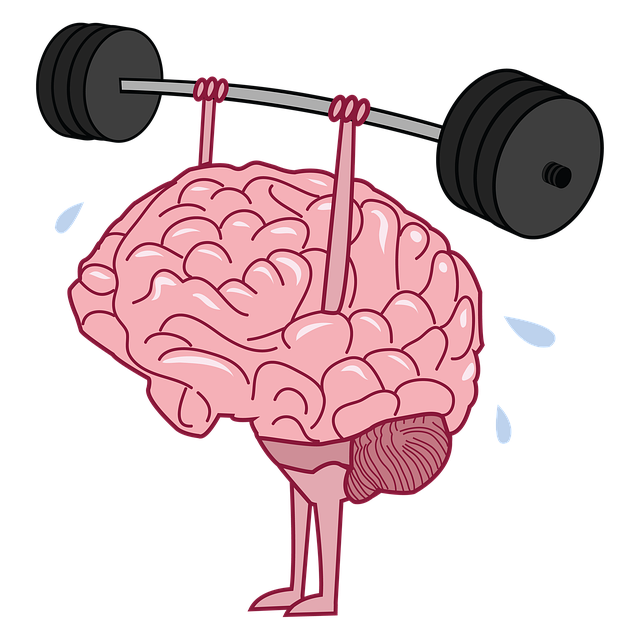The increasing geriatric population highlights the urgent need to address substance abuse risks specific to older adults, who are more vulnerable due to physiological changes and medication interactions. Effective strategies include tailored therapy for adults geriatrics focusing on physical health, cognitive issues, and emotional challenges. Key components involve stigma reduction, mental health awareness, crisis intervention, CBT for changing negative thought patterns, lifestyle changes, supportive networks, medical interventions like detoxification and MAT, prescription management, community engagement through outreach programs, social skills training, and empowerment for healthier choices.
Substance abuse among adult geriatrics poses unique challenges due to physiological and cognitive changes associated with aging. This article explores comprehensive risk reduction strategies tailored to meet the specific needs of older adults. We delve into understanding the intricacies of substance use disorders in this demographic, focusing on psychological therapy approaches that have proven effective. Additionally, we discuss lifestyle modifications, support systems, medical interventions, and community engagement initiatives crucial for successful long-term recovery among adult geriatrics.
- Understanding Substance Abuse Risks in Adult Geriatrics
- Psychological Therapy Approaches for Risk Mitigation
- Lifestyle Changes and Support Systems for Long-term Recovery
- Medical Interventions and Prescription Management
- Community Engagement and Access to Specialized Programs
Understanding Substance Abuse Risks in Adult Geriatrics

Substance abuse among older adults, or Adult Geriatrics, presents unique challenges and risks that often go unnoticed. As the geriatric population continues to grow, understanding and addressing these risks have become increasingly important. The elderly are more susceptible to the harmful effects of substances due to age-related physiological changes, decreased metabolism, and potential interactions with medications they may already be taking for co-occurring mental health conditions. For instance, alcohol, often used as a coping mechanism by older adults, can exacerbate existing cognitive issues and contribute to falls and other physical complications.
Therapy for Adults Geriatrics plays a pivotal role in mitigating these risks. It involves tailored interventions that consider the complex interplay of physical health, cognitive abilities, and emotional vulnerabilities unique to this demographic. Mental Illness Stigma Reduction Efforts and increased Mental Health Awareness are crucial components of these strategies, helping to encourage open dialogue about substance abuse issues within the geriatric community. Crisis Intervention Guidance is also essential, offering immediate support and direction during acute episodes, which can prevent adverse outcomes and promote recovery.
Psychological Therapy Approaches for Risk Mitigation

Psychological therapy plays a pivotal role in mitigating risks associated with substance abuse, especially for adults and geriatrics. Approaches like Cognitive Behavioral Therapy (CBT) help individuals identify and modify maladaptive thought patterns and behaviors that contribute to substance misuse. By enhancing self-awareness and coping strategies, CBT equips clients with tools to manage cravings and stress effectively.
Additionally, therapies focused on mental health awareness and policy analysis and advocacy empower individuals to navigate societal pressures and make informed decisions regarding substance use. Self-awareness exercises, integral to these therapeutic methods, encourage personal reflection and understanding of underlying issues driving substance abuse. This holistic approach not only reduces risks but also fosters long-term recovery and improved overall mental health.
Lifestyle Changes and Support Systems for Long-term Recovery

In the journey towards long-term recovery from substance abuse, lifestyle changes and a robust support system play pivotal roles. For adults and geriatrics alike, adopting healthier habits can significantly reduce the risk of relapse. This includes regular physical exercise, a balanced diet rich in nutrients, and sufficient sleep to promote mental clarity and emotional stability. Engaging in therapeutic activities like art therapy or group counseling sessions can also be beneficial, offering outlets for expression and connection with peers facing similar challenges.
Building and maintaining a strong support system is crucial. This involves fostering relationships with family, friends, and peers who encourage positive behaviors and provide an empathetic ear. Mental wellness coaching programs and self-care routine development can further enhance recovery by teaching individuals effective coping mechanisms to manage stress and prevent burnout, particularly for healthcare providers who may be at higher risk due to work-related pressures. These strategies collectively contribute to sustained mental health and resilience against substance abuse.
Medical Interventions and Prescription Management

Medical interventions play a pivotal role in substance abuse risk reduction, especially for adults and geriatrics. These can include detoxification programs, medication-assisted treatment (MAT), and behavioral therapies tailored to individual needs. For instance, therapy for adults struggling with substance abuse may incorporate conflict resolution techniques and emotional healing processes, aiming to address underlying issues contributing to addiction.
Prescription management is a crucial component of this strategy. Healthcare providers must closely monitor and manage prescriptions to prevent misuse or abuse of medications. This involves regular reviews, setting clear guidelines for medication use, and educating patients on the potential risks and benefits. By integrating these medical approaches, professionals can foster positive thinking and empower individuals to make healthier choices while navigating their recovery journey.
Community Engagement and Access to Specialized Programs

Community engagement plays a pivotal role in mitigating substance abuse among all demographics, including geriatrics. Implementing community outreach programs can help to reduce risks by increasing access to specialized support services tailored for older adults. These initiatives often focus on education, early intervention, and prevention strategies, empowering individuals to make informed decisions about their mental health. By fostering connections within the community, these programs create a supportive environment that encourages open discussions about substance abuse and its potential consequences.
Additionally, integrating social skills training into such outreach efforts can significantly enhance the well-being of geriatric populations. Encouraging the development of self-care routines promotes better mental health, reducing the likelihood of turning to substances as coping mechanisms. Through community engagement, older adults gain access to a network of support, specialized therapy for adults, and resources that cater to their unique needs, ultimately lowering the risk of substance abuse and its associated challenges.
Substance abuse among adult geriatrics poses unique challenges that require a multifaceted approach. By combining psychological therapy tailored to their needs, such as cognitive-behavioral therapy (CBT) for adults geriatrics, with lifestyle changes and robust support systems, we can enable long-term recovery. Medical interventions and careful prescription management are crucial, alongside community engagement and access to specialized programs. Implementing these risk reduction strategies not only mitigates harm but also improves the quality of life for those affected by substance abuse in later years.









